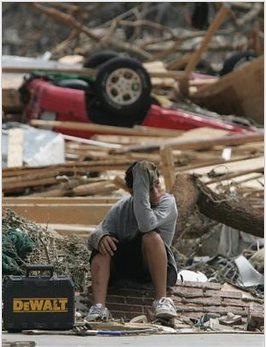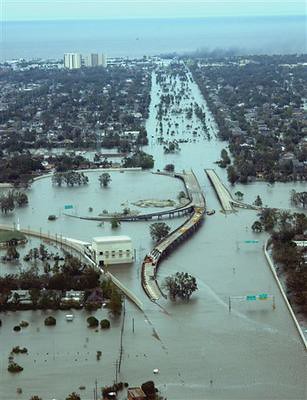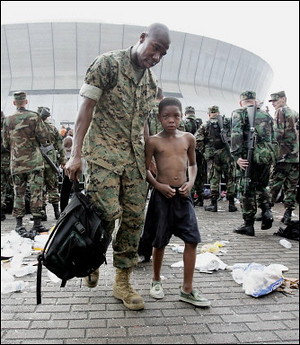Sylvain Hellegouarch wrote in "Client side application frustration"
I don't want to start a flame or whatever so I'll only say that Javascript is far from being THE solution for clientside application IMO. Don't get me wrong, the language itself is interesting and powerful enough for most things you might want to do, but the environment (the browsers) in which it sits is quite not there yet.
It looks like Javascript has never been seen as something browser vendors should pay much attention. So they did implement what the ECMA group had specified but with some variations which doesn't allow the developer to ensure everything will work the same way. For too long Javascript was seen as a toy for doing rollover menus or spamming you with popups all over the place.
He was trying to write a Weblog engine with a lot of the code in the browser and ran into endless portability problems, as well as security concerns and lack of friendly developer tools.
He also tried looking beyond Javascript.
Then I decided to look at SVG, XForm and the WHATWG effort but again I felt frustrated. Those are very well specified but have such a bad support (or none) amongst browsers that they are almost unusable. Should I come back to Java applets? sigh
And he finishes with a question:
So my question now is about the future of client side development, we do have a lot of different choices but there are no clear vision for the average joe like me on which one to focus on neither on how they will cooperate in the future nor what will be the support amongst browsers. Maybe people in the know could clarify things?
Kurt Cagle took up the question in his piece "Is Javascript Dead?", providing some historical perspective and exploring some code patterns as a way to illustrate the language's flexibility.
Javascript has traditionally been considered a lightweight language - useful for web pages, but not something appropriate for larger scale applications. There is some justification for this viewpoint - Javascript is almost invariably interpreted, meaning that it cannot optimize content cleanly prior to running it. While it does have classes (in the sense of functional prototypes), Javascript has no obvious concept of a package, which means that higer order organization can prove complicated and likely to impinge upon namespaces. There are, however, ways around this.
Kurt goes on to show an example of Javascript's elegance by turning what most people write as gruesome forms element processing logic completely inside out, and mapping events quite naturally to classes and functions. He concludes:
I think the final point of all of this is that, far from being too primitive for use with existing technology, Javascript is in point of fact still very relevent, and if anything is finally reaching a point where it can hold its own against just about every other programming language out there, at least within the domain of the manipulation of DOMs (or XML). Given the incipient emergence of E4X, I fully expect Javascript to become one of the predominent languages on the planet.
Kurt doesn't touch on Sylvain's concerns about portability, security and development environment, and those are still matters that need serious discussion (for one thing, they are issues that have always interfered with my productivity in Web development). I see Kurt's post as a bit of advocacy to underscore for developers why some of the pain is worth enduring. I look forward to more posts on the topic.

 Someone ("Youssouf") with a lot of time on their hands (quelle chance
pour lui) put together a satire comic based on a collage of pages from
the popular
Someone ("Youssouf") with a lot of time on their hands (quelle chance
pour lui) put together a satire comic based on a collage of pages from
the popular 



